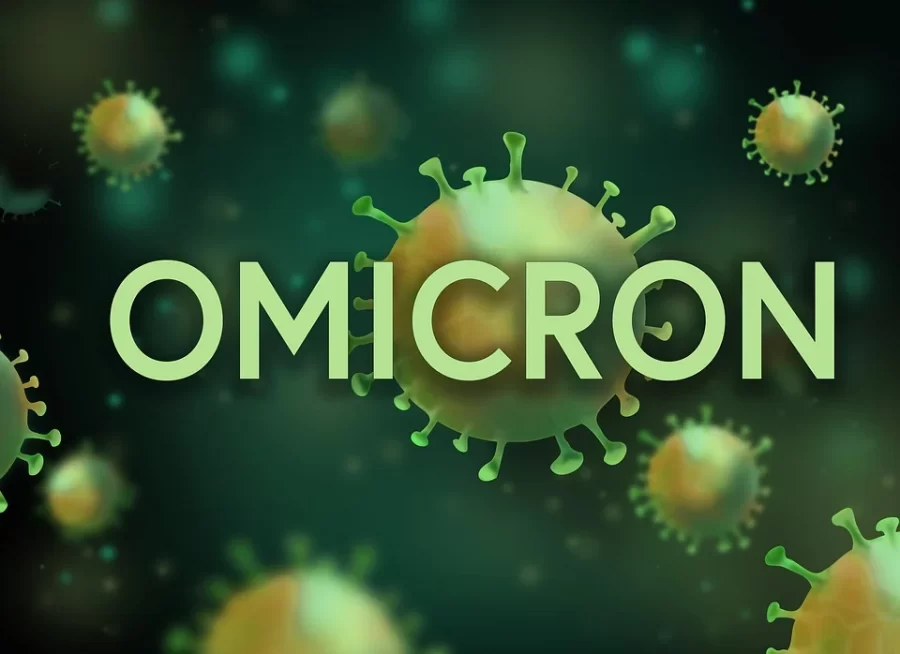Omicron is “Variant of Concern” According to CDC
January 24, 2022
In December of 2020, there was reported a new variant of the Coronavirus called Covid-19. That’s not the only variant of the Coronavirus that has been identified; other variants such as the delta and omicron variant have also been identified and are being studied so the CDC can find ways to deal with them.
The delta variant is the second variant of the Coronavirus, and is considered a “variant of concern” by the CDC because it seems to be more easily transmitted from one person to another. Delta rapidly became the dominant variant of the SARS-CoV-2 (coronavirus) virus in the U.S. in 2021.
“While the authorized COVID-19 vaccines are not perfect, they are highly effective against serious coronavirus disease and reduce the risk of hospitalization and death,” said the CDC.
Some variants have been observed to be more infectious and are more likely to cause breakthroughs or re-infection in those who are vaccinated or previously infected.
“These variants are more likely to cause severe disease, evade diagnostic tests, or resist antiviral treatment. Alpha, beta, gamma, and delta variants of the SARS-CoV-2 coronavirus are classified as variants of concern,” the CDC said.
In November 2021, a new variant of the SARS-CoV-2 coronavirus emerged. This new variant, named Omicron, has also been listed as a variant of concern just like Delta. Scientists are just starting to learn about it, but intense research is quickly uncovering more insight on this variant and how its genetic changes might affect its spread and people who are infected with it.
“There is some preliminary evidence suggesting the omicron variant is more infectious than the delta variant,” Dr. Robert Bollinger, Professor of Infectious Diseases at Johns Hopkins University School of Medicine, said. “But there is no evidence so far that the standard prevention strategies, including vaccination, masking, distancing, ventilation and hand-washing are not effective in reducing the risk of infection or transmission.”
But do the COVID-19 vaccines still work and reduce the risk of severe illness? According to Robert Bollinger and Dr. Stuart Ray, a vice-chair of Medicine for Data Integrity and Analytics department of Medicine, there’s still little data, and a lot is unknown.
“My own expectation is that being fully vaccinated, including boosters, will still provide a reduced risk of hospitalization and death,” Bollinger said. “In the weeks ahead, we will learn more about how well the antibodies induced by the current vaccinations can neutralize the omicron variant in the laboratory. I am also confident that if we find that the current vaccines are not providing optimal protection against severe disease or death due to this variant, we will be able to quickly modify the current vaccines to address omicron.”












